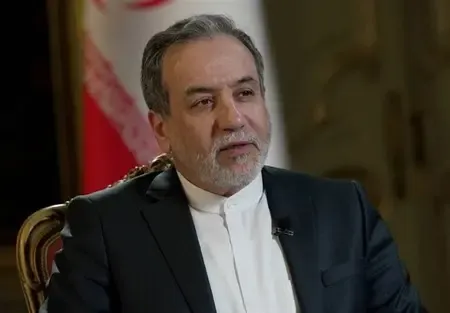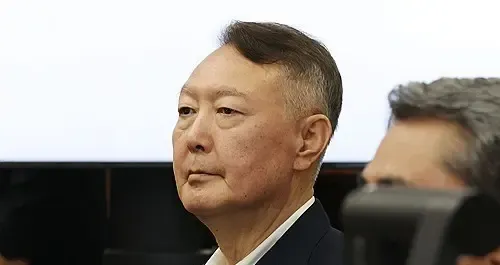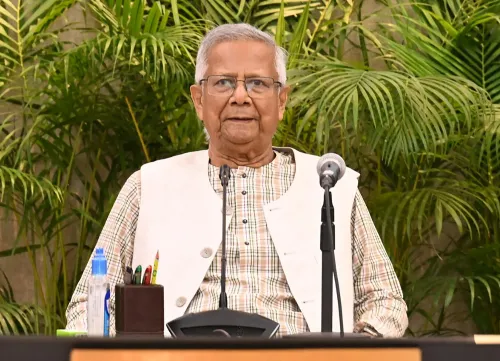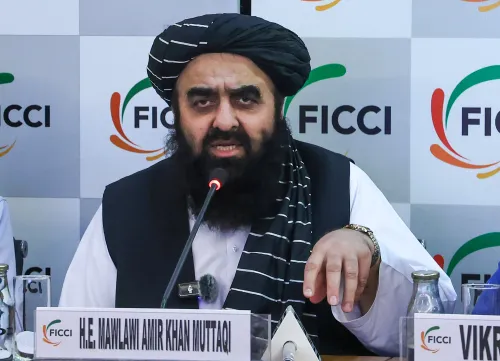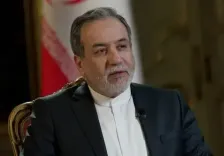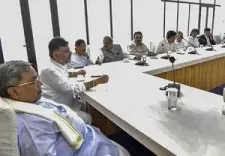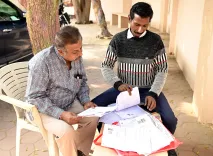Did Trump and Lula Have a ‘Very Good’ Call Amid Tariff Tensions?
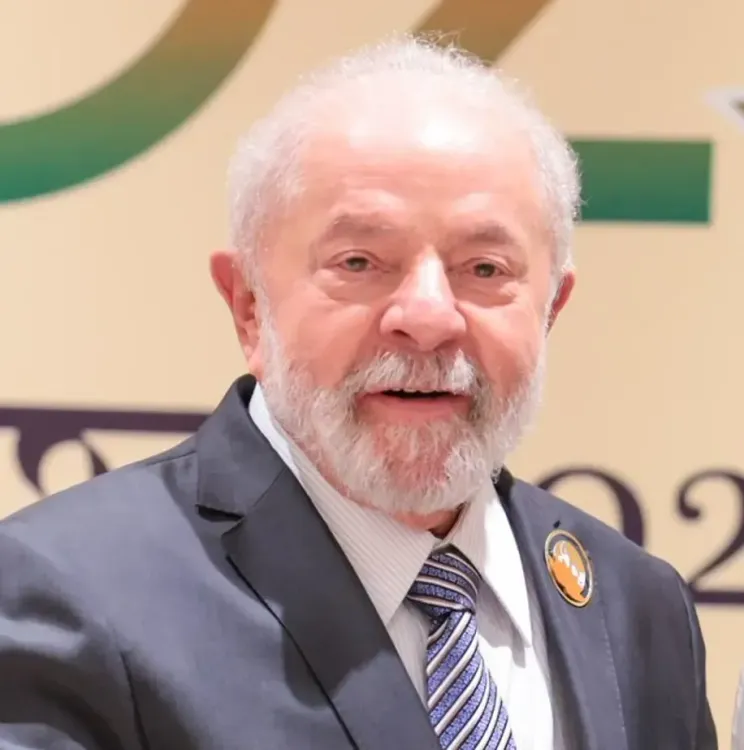
Synopsis
Key Takeaways
- Trump and Lula's call focused on economic relations.
- Tariffs on Brazilian goods remain a contentious issue.
- Future meetings are being planned in both Brazil and the US.
- Lula emphasized the need for restoring friendly relations.
- Brazil's position within BRICS influences its trade policy.
Washington, Oct 6 (NationPress) US President Donald Trump engaged in a phone conversation on Monday with his Brazilian counterpart Luiz Inacio Lula da Silva, characterizing the dialogue as “very good.”
In a post shared on Truth Social, Trump remarked, “This morning, I had a very good telephone call with President Lula, of Brazil. We discussed many things, but it was mostly focused on the Economy, and Trade, between our two Countries. We will be having further discussions, and will get together in the not too distant future, both in Brazil and the United States. I enjoyed the call — Our Countries will do very well together!”
That conversation marked the first significant interaction following the imposition of a 50 percent tariff on Brazil by the Trump administration, a move that was seen as a response to legal actions against former Brazilian President and Trump ally, Jair Bolsonaro.
During the recent UN General Assembly session in New York, the two leaders briefly met, with Trump stating that he and Lula enjoyed “good chemistry.”
Following their call, Brazilian President Lula also took to X, expressing that he had “received a call from President Trump” and reflected on the “good chemistry we had” in New York.
“I consider our direct contact as an opportunity for the restoration of the 201-year friendly relations between the two largest democracies in the West. During the phone call, I recalled that Brazil is one of the three G20 countries with which the United States maintains a surplus in the balance of goods and services,” Lula stated.
Lula also pressed for the removal of tariffs on Brazilian goods and indicated a potential meeting with Trump during the ASEAN Summit in Malaysia at the end of October.
As a BRICS member, Brazil has vocally opposed Trump's economic policies and sought to create a unified approach to counter US tariffs.
In September, Brazil convened an online BRICS Summit to discuss strategies, with Lula cautioning that “tariff blackmail is being normalized as a tool for conquering markets and interfering in domestic issues.”
Both Brazil and India have been subjected to a 50 percent tariff rate by the Trump administration, with few exceptions. Following a brief pause, trade negotiations between India and the United States have resumed, with US Trade Representative Jamieson Greer meeting Indian Commerce and Industry Minister Piyush Goyal in New York on September 22.


